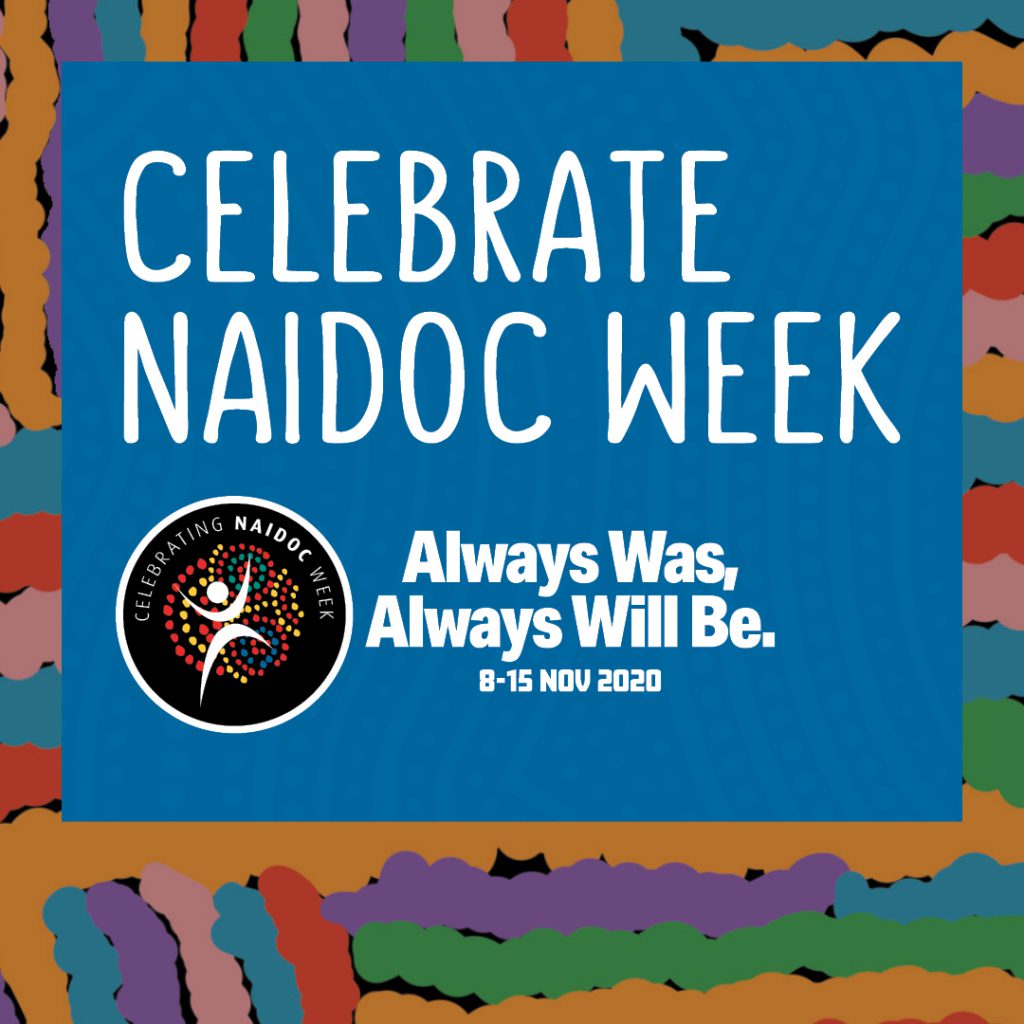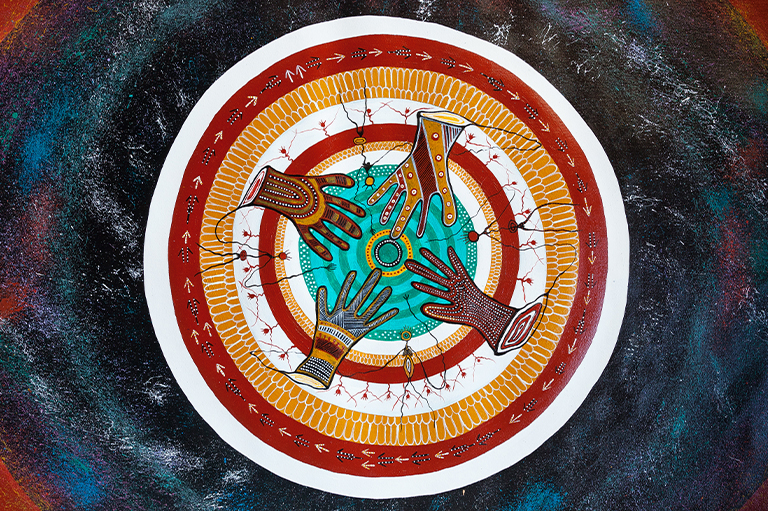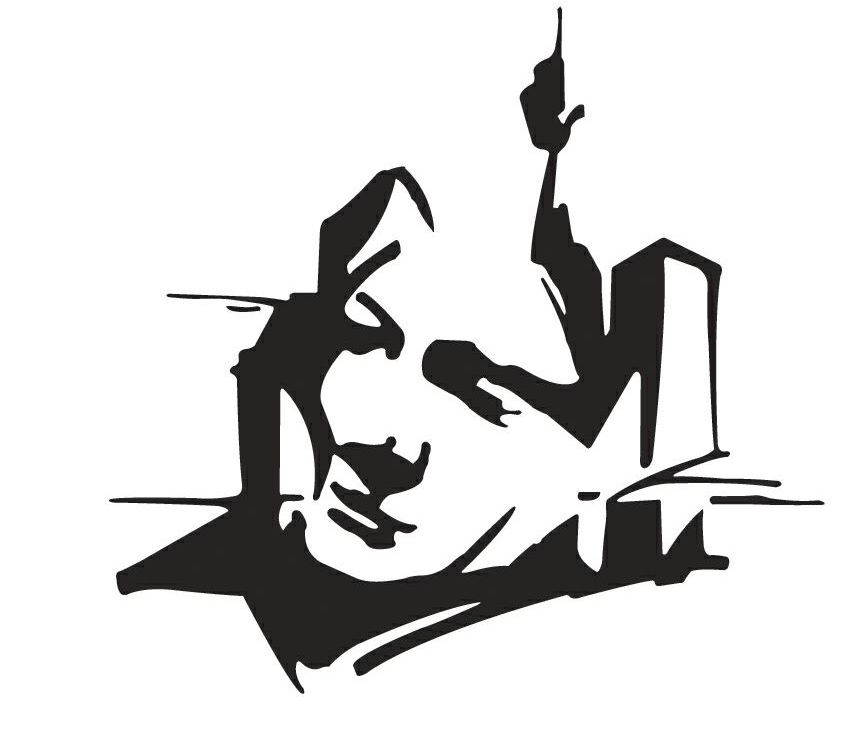Thank you to Linda Smith from the Australian Chiropractors Association (ACA) for this NAIDOC Week post!
This year, the National NAIDOC Committee made the decision to postpone NAIDOC week until 8 – 15 November, due to the impacts and uncertainty caused by the COVID-19 pandemic and its effects on communities and cities across Australia.
What is NAIDOC Week?
NAIDOC WEEK 2020
National NAIDOC week is traditionally held across Australia in the second week of July and provides an opportunity to celebrate the history, culture and achievements of Aboriginal and Torres Strait Islander peoples. This celebration is not only for Indigenous communities, but for all Australians.
NAIDOC week provides an opportunity to participate in a wide range of events and activities to support local Aboriginal and Torres Strait Islander communities.
This year, the theme for NAIDOC week is ‘Always Was, Always Will Be.’ and recognises that Aboriginal and Torres Strait Islander peoples have occupied and cared for the Australian continent for over 65,000 years.
‘Always Was, Always Will Be.’ acknowledges and celebrates that our nation’s story didn’t begin with the first documented European contact, but that the very first footprints on this continent were those belonging to the Aboriginal and Torres Strait Islander peoples.
Recognised Within the ‘Always Was, Always Will Be.’ theme is:

- The spiritual and cultural connection of Aboriginal and Torres Strait Islander people to country with Australia being criss-crossed by generations of hundreds of brilliant nations.
- Aboriginal and Torres Strait Islander people were Australia’s first explorers, first navigators, first engineers, first farmers, first botanists, first scientists, first diplomats, first astronomers and first artists.
- The oral stories of Australia are some of the world’s oldest. The First Peoples engraved the world’s first maps, made the earliest paintings of ceremony and invented unique technologies. Structures were built and engineered, predating well-known sites such as the Egyptian pyramids and Stonehenge.
- The adaptation and intimate knowledge of the country has enabled Aboriginal and Torres Strait Islander peoples to endure climate change, catastrophic droughts and rising sea levels.
- Through Ingenious land management systems like fire stick farming, the harshest habitable continent has been transformed into a land of bounty.
NAIDOC week 2020 invites all Australians to embrace the history of Australia which dates back thousands of generations. It is about seeing, hearing and learning over 65,000 years of the First Nation’s history of this country, which is Australian history.
Posters, event details, resources and further information are available at naidoc.org.au
What is the relationship between ACA and NAIDOC Week?

A key commitment of the ACA’s Reconciliation Action Plan and Reconciliation journey is to advance reconciliation within our sphere of influence. At the very heart of reconciliation and the ACA’s journey is the building of respect for Aboriginal and Torres Strait Islander culture and histories.
ACA is committed to Closing the Gap between Aboriginal and Torres Strait Islander and non-Aboriginal and non-Torres Strait Islander health and wellbeing. Closing the Gap cannot be achieved without building understanding and genuine health partnerships with Aboriginal and Torres Strait Islander peoples and organisations. NAIDOC week provides an excellent opportunity for the chiropractic profession to engage with local Aboriginal and Torres Strait Islander communities to build an understanding of culture, knowledge, connection to land and ways of healing.
By increasing our understanding and developing cultural safety we move a step closer to achieving both our vision for reconciliation as articulated in our Reconciliation Action Plan and our core vision for more Australians to value and experience chiropractic care for their health and wellbeing.
If you would like to participate in a local NAIDOC week event, you can visit naidoc.org.au/get-involved/naidoc-week-events or contact your Aboriginal and Torres Strait Islander community or local health organisations.
